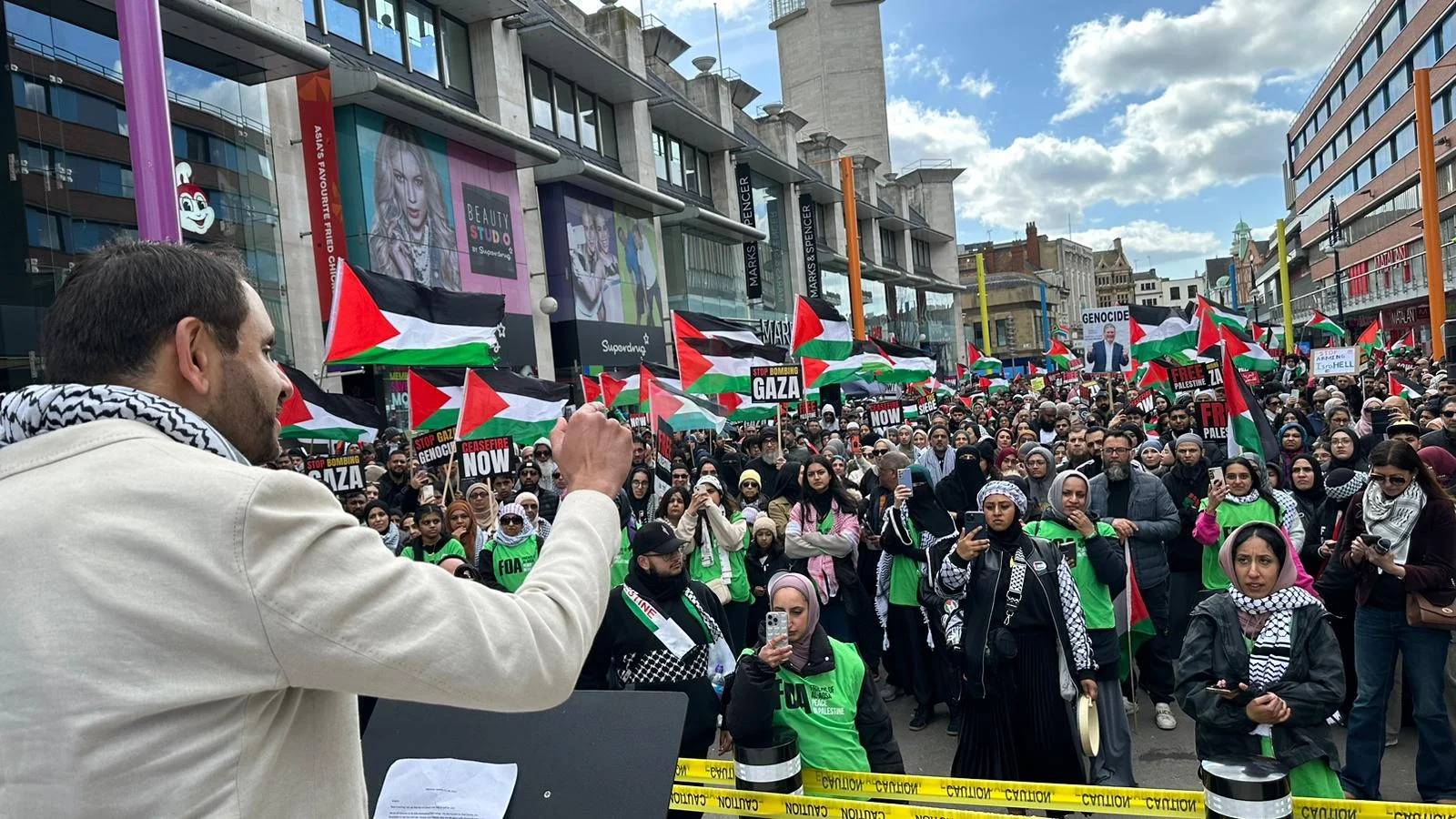OXFORD — The Prince of Wales has sounded the alarm over persecution of Christians in the Middle East and around the world, likening it to the Nazi attempt to exterminate the Jewish population of Europe.
In a three-minute reflection for the BBC flagship radio news program ‘Today,’ the heir to the English throne not only warned of the imminent elimination of Christians and other religious minorities from the Middle East, but urged a favorable welcome to those fleeing persecution for their beliefs.
He began his ‘Thought for the Day’ by recalling a conversation with a Syrian Jesuit priest in London who warned him that in five years Christians could have disappeared completely from the lands described in the Bible.
“The scale of religious persecution around the world is not widely appreciated,” Prince Charles said, adding that attacks were also increasing on Yazidis, Jews, Ahmadis, Baha’is and many other minority faiths.
“In some countries even more insidious forms of extremism have recently surfaced, which aim to eliminate all types of religious diversity,” he said, adding that the result of such persecution is an annual displacement of people similar in scale to the 65 million population of the United Kingdom.
“And the suffering doesn’t end when they arrive seeking refuge in a foreign land,” he said. “We are now seeing the rise of many populist groups across the world that are increasingly aggressive towards those who adhere to a minority faith.”
He added: “All of this has deeply disturbing echoes of the dark days of the 1930s. I was born in 1948 – just after the end of World War II in which my parents’ generation had fought, and died, in a battle against intolerance, monstrous extremism and an inhuman attempt to exterminate the Jewish population of Europe.
“That, nearly seventy years later, we should still be seeing such evil persecution is, to me, beyond all belief,” he said.
The prince went on to refer to the consecration he attended of the first Syriac Orthodox cathedral in London. It showed, he said, how a people persecuted for their religion in their country could find welcome and freedom in another.
Ironically, two Syriac archbishops invited to be part of the dedication ceremony on November 24 were denied visas by the UK government. UK border officials said they were concerned that the Orthodox prelates, who had fled Syria for Kurdistan after their dioceses had been devastated by Islamic State, might have filed for asylum.
In making the case for a policy of generosity and welcome towards refugees, Prince Charles has placed himself squarely on one side of an increasingly heated issue in Europe and the United States.
Although his reflection was pre-recorded Monday at his official residence, Clarence House, before the horrific attack on a Christmas market in Berlin, it was broadcast the day after details emerged of the Tunisian Muslim migrant allegedly responsible.
In asking listeners to keep in mind those fleeing religious persecution, however, Prince Charles made no distinction between Christians and Muslims.
Urging that this Christmas “we might remember how the story of the Nativity unfolds – with the fleeing of the Holy Family to escape violent persecution,” Prince Charles added: “And we might also remember that when the Prophet Mohammed migrated from Mecca to Medina, he did so because he, too, was seeking the freedom for himself and his followers to worship.”
The prince has in the past said that when he is crowned he wants to be given the title of “defender of Faith” rather than “defender of the Faith,” as all English monarchs have been known since the title was conferred by the pope on King Henry VIII in 1521.
After Henry broke with Rome, the title over the centuries has come to mean a monarch’s commitment as Supreme Governor of the Church of England to the defense of Anglican Christianity. Charles however is known to want to change the coronation ceremony to include other faiths and denominations, to reflect the religiously pluralist reality of modern Britain.
A frequent visitor to the Orthodox monasteries of Mount Athos, Prince Charles is also quite at home in Catholic churches, often attending Mass while abroad. His passion for the environment is strongly linked to his eclectic Christian spirituality, strongly influenced by his mentor Laurens Van der Post.
He has raised the persecution of Christians before. In January, he made a donation to the Catholic charity Aid to the Church in Need after meeting with Syrian and Iraqi Christians at a meeting hosted by the Archbishop of Westminster, Cardinal Vincent Nichols. In a speech, the prince warned on that occasion that religious extremism was driving out Christianity from the Middle East.
But in linking that persecution to the need for a generous policy towards refugees, the prince’s reflection hints that, as king, he may be willing to challenge the tightening of borders across the western world.
















